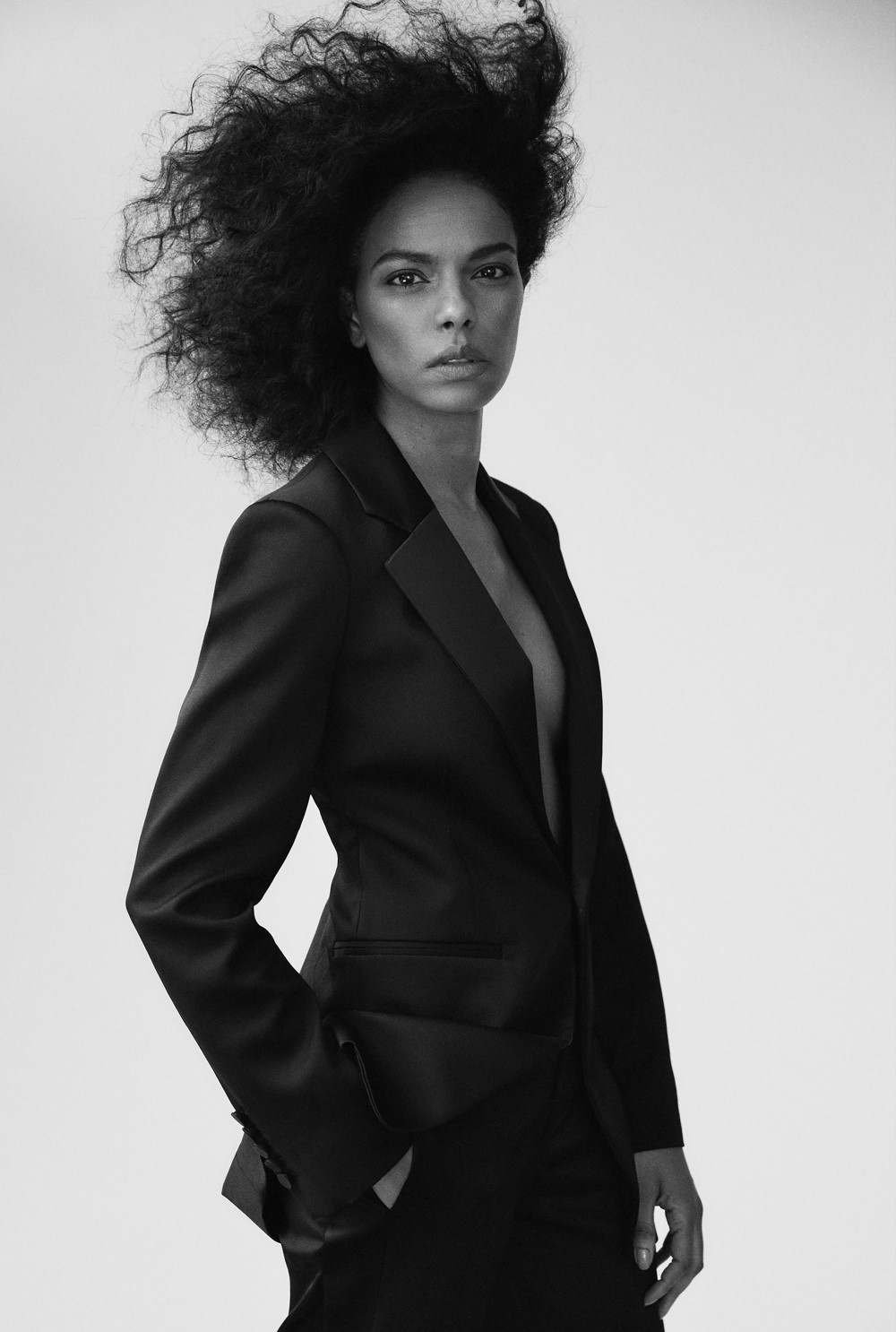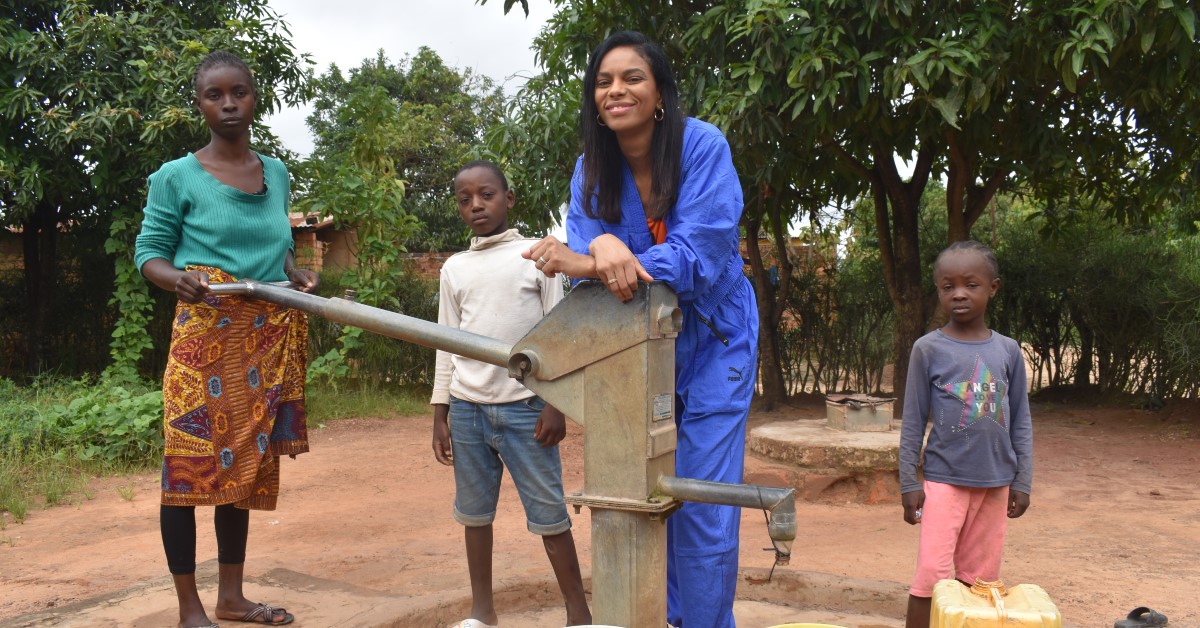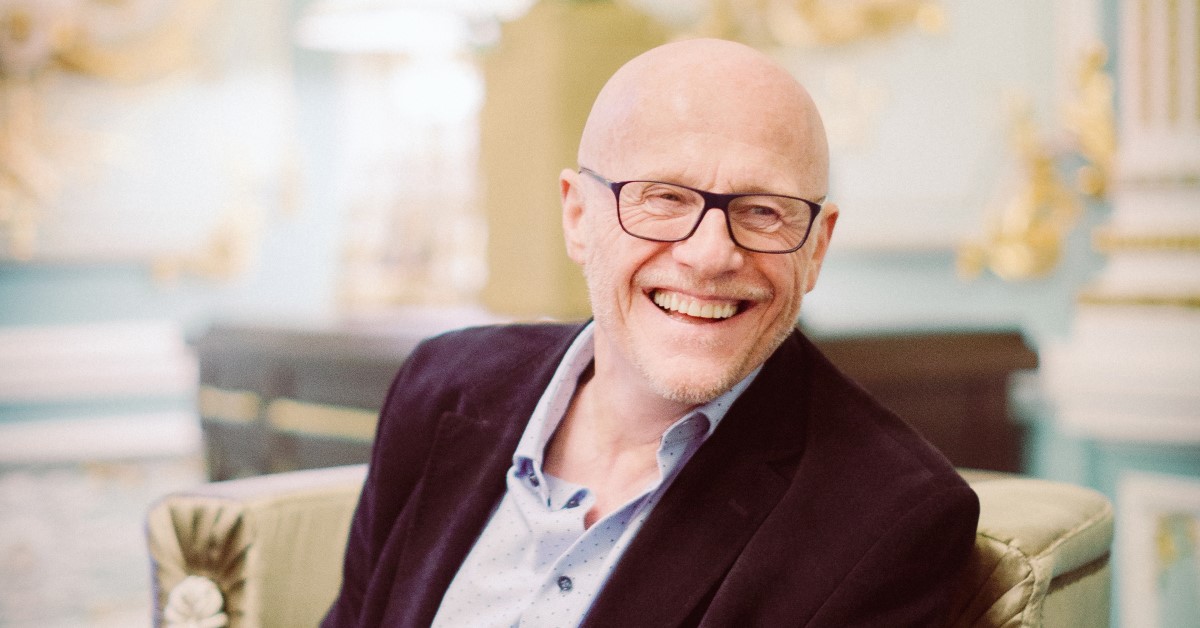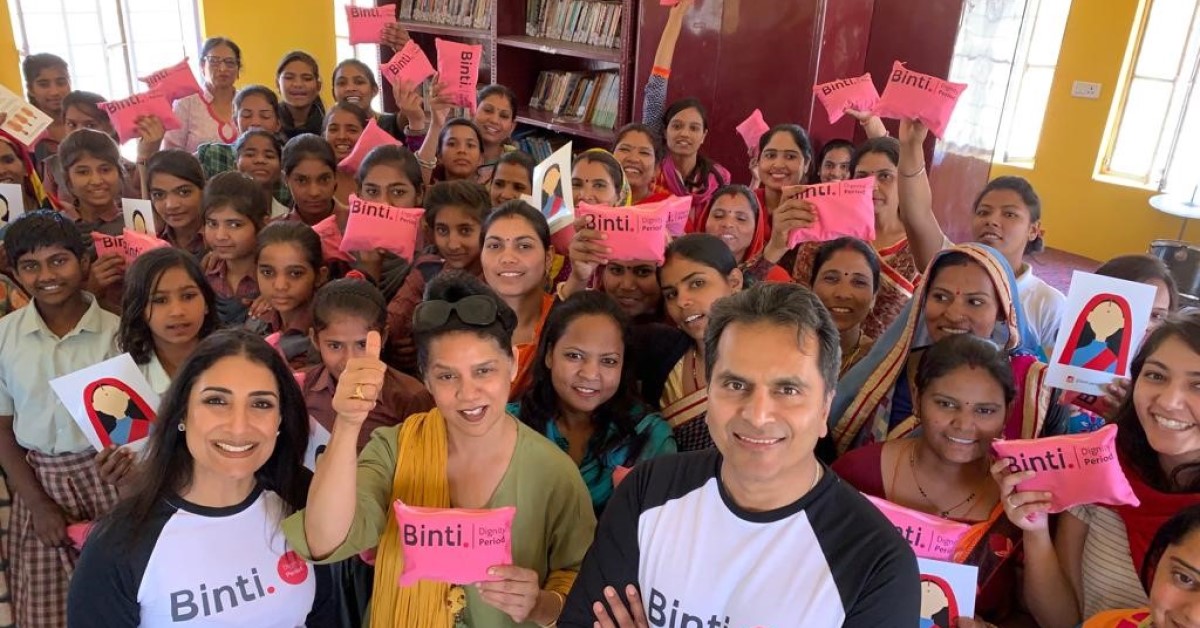London is home to some of the wealthiest – and most philanthropic – people in the world. In this series of interviews, we ask why they do it and how to enourage others to give
As told to Selma Day
When did your philanthropy journey start?
It started at the age of 18 when I went back to the Democratic Republic of the Congo, where I was born and lived until the age of five. At that point, my father passed away suddenly and my mother made the difficult decision to send me to live with relatives in Europe so I had more opportunities. I barely spoke to my mother in the 13 years I was away and I had a challenging childhood. But I threw myself into education and committed to making a future for myself. On my return to the DRC, I was shocked by what I saw. It was wonderful to be reunited with my amazing mom, but her living conditions were so far from what I had grown used to. I noticed there were many children out of school and the majority of those not attending school were girls. In my heart, a dream was born to give back to my home nation and provide a school for girls where they could gain a quality education in a safe and nurturing environment.
How did you go from model to philanthropist – and what was the motivation?
My motivation was empowering those girls with education so they could reach their full potential and in turn give back to uplift their communities. I knew from the moment I saw the girls in the DRC when I was aged 18 that I had been given a special gift by my mother.
That gift was education. I recognised the doors it unlocked, the doors to financial stability, health, confidence and leadership. I already had this dream to start Malaika before I became a model.
How did Malaika come about?
I set up Malaika in New York 16 years ago. We started by sponsoring girls in an orphanage to attend school, but I always knew I wanted to do more. Malaika now has an incredible school for 430 girls who are all receiving a quality education. There is a community centre where we provide sports for development and vocational training for 5,000 youth and adults, we deliver technical classes for adults equipping them to have skills for work, we have built or refurbished 31 wells providing 36,000 people with clean water, and we have agriculture that provides food for the school canteen and teaches sustainable farming. Malaika is a sustainable ecosystem that can be duplicated anywhere in the world.
How have you used your success as a model to amplify your message?
Early on, I adopted the phrase “modelling with meaning” as a value statement. I made sure that my modelling work supported Malaika, either with funds or awareness-raising activities. I had the platform to communicate my cause and to highlight the inequality in education around the world. I also met many people of influence in various sectors and grew my network, which helped the support for Malaika to grow.
You must find your work very rewarding?
Absolutely. Apart from seeing my two children grow, nothing is more fulfilling than empowering people to follow their dreams. And the most amazing thing is we have transformed an entire community where there was hardly any access to clean water, no infrastructure, no access to technology and no schools.
People can make a difference in small ways – it’s not just about money, is it?
Yes. In fact, my biggest gift to Malaika has been my time and energy. If you have skills, talents and determination, you can do a lot with very little in the way of resources. Most people have something to offer. I don’t think people really realise how much of an impact they can have by just offering a couple of hours’ volunteering or some free training, or by fundraising through doing something they enjoy.
We have a lot of people working in different industries who donate their time and skills to Malaika. I also think it’s important to build genuine relationships with people. Don’t be aloof and then ask people for their help! Show an interest and consider how their contributions to your cause could help their personal development too.

What projects are you currently focusing on?
We had our first graduation last July and now graduations will be an annual event. We will need to help all the graduates on to their next steps of higher education or vocational training.
What are the challenges?
Leading the foundation across continents can be a challenge, but we have an amazing team on the ground in the DRC with some exceptional leadership. Fundraising is a constant challenge.
Being a mum, how do you fit it all in?
It isn’t easy, but I have a great team and try to focus on my children when I’m with them and not be distracted by work. I involve my children in my work so they understand why it’s so important.
What’s next?
I’d love to see our Malaika toolkit utilised so other Malaikas are created in different contexts globally.
Noëlla Coursaris Musunka
A Congolese-Cypriot philanthropist and international model, Noëlla is the founder and CEO of Malaika. Launched in 2007, it is a grassroots non-profit organisation that empowers girls and their communities in her home country of the Democratic Republic of the Congo. Malaika’s community driven ecosystem centres around five pillars: a school, a community centre, vocational training, an agricultural programme and clean water and sanitation services.
Today, Malaika impacts thousands of lives each year, and its programmes are all offered free of charge. Crucially, Malaika acts as a local, community-led model that can be replicated on a global level.








